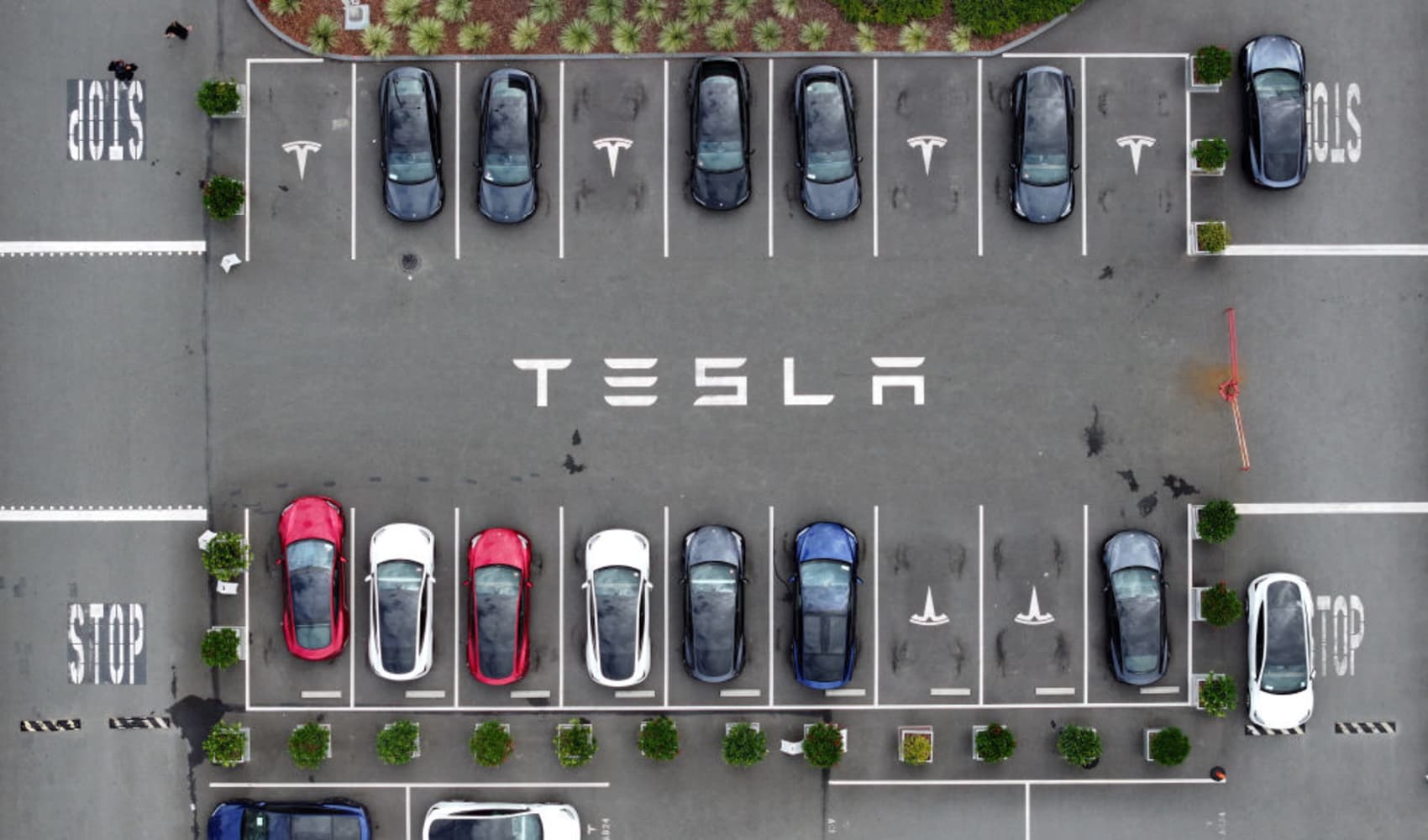
- The price hit 41,945 according to Refinitiv data as the market opened for trade.
- Nickel prices more than doubled in a matter of hours on March 8, climbing above $100,000 a metric ton as one of the world's top producers, China's Tsingshan Holding Group, bought large amounts to reduce its short bets on the metal.
LONDON — The benchmark three-month nickel contract fell 8% on Thursday morning to hit its new trading limit, as heavy selling continued in metal markets.
The price hit $41,945 a metric ton as it opened for trade, according to Refinitiv data. Nickel prices more than doubled in a matter of hours on March 8, climbing above $100,000 a metric ton as one of the world's top producers, China's Tsingshan Holding Group, bought large amounts to reduce its short bets on the metal.
Get San Diego local news, weather forecasts, sports and lifestyle stories to your inbox. Sign up for NBC San Diego newsletters.
Trading had to be halted as the move exacerbated a price rally at a time when metals were already spiraling upward on Russia's intensifying conflict in Ukraine.
On Wednesday, the LME attempted to resume nickel trading after the rare shut down. But a technical glitch prompted the 145-year-old exchange to temporarily halt the market once again, before trading reopened at 2 p.m. London time.
The LME installed a trading limit of 5% on Wednesday which was widened to 8% for Thursday. The "systems error" on Wednesday allowed a small number of trades to go through below the newly imposed daily price limit.
Money Report
Speaking before the open on Wednesday, Matthew Chamberlain, CEO of the LME, told CNBC's "Squawk Box Europe" that the exchange was "absolutely mindful of the impact that this has had on so many people and we need to make sure that it doesn't happen again."
Chamberlain said the LME had "deliberately prioritized stability" by setting a relatively narrow range of daily trading limits, but these could soon be widened if the exchange observed a "more orderly market."
Commodity prices have jumped on supply fears related to Russia's onslaught of Ukraine, with the ongoing war and an array of Western sanctions raising disruption fears.






